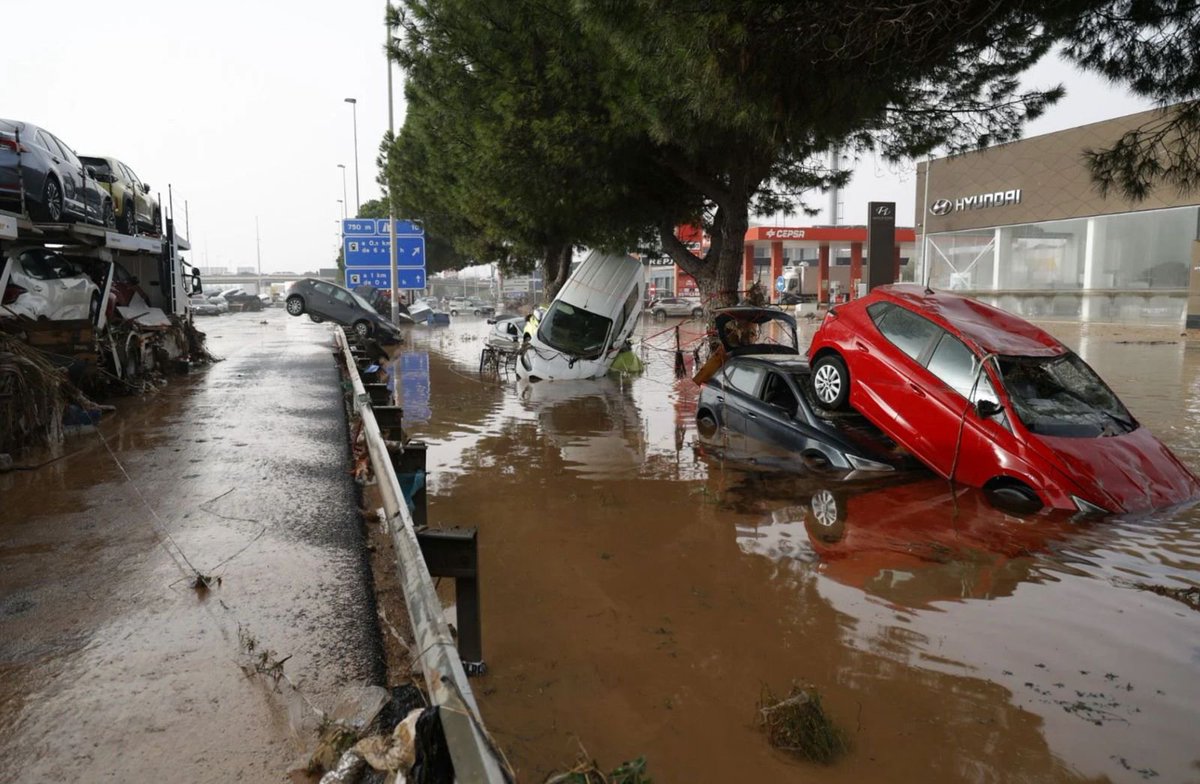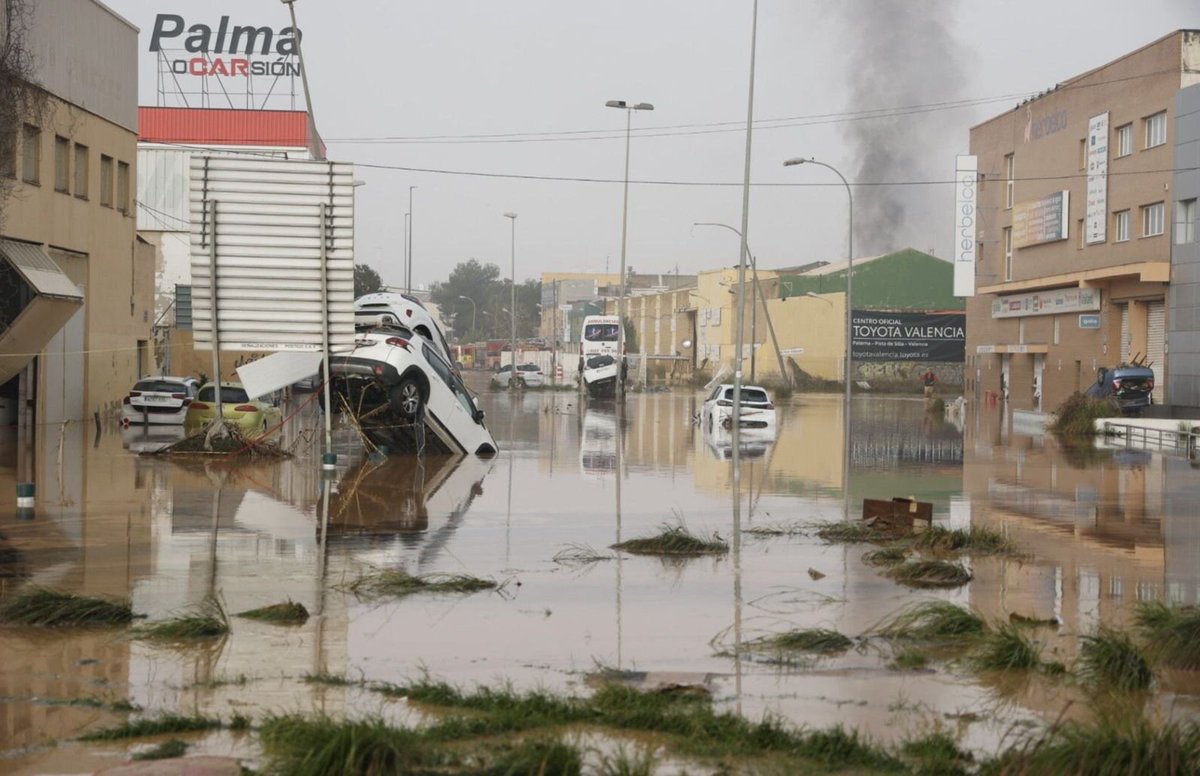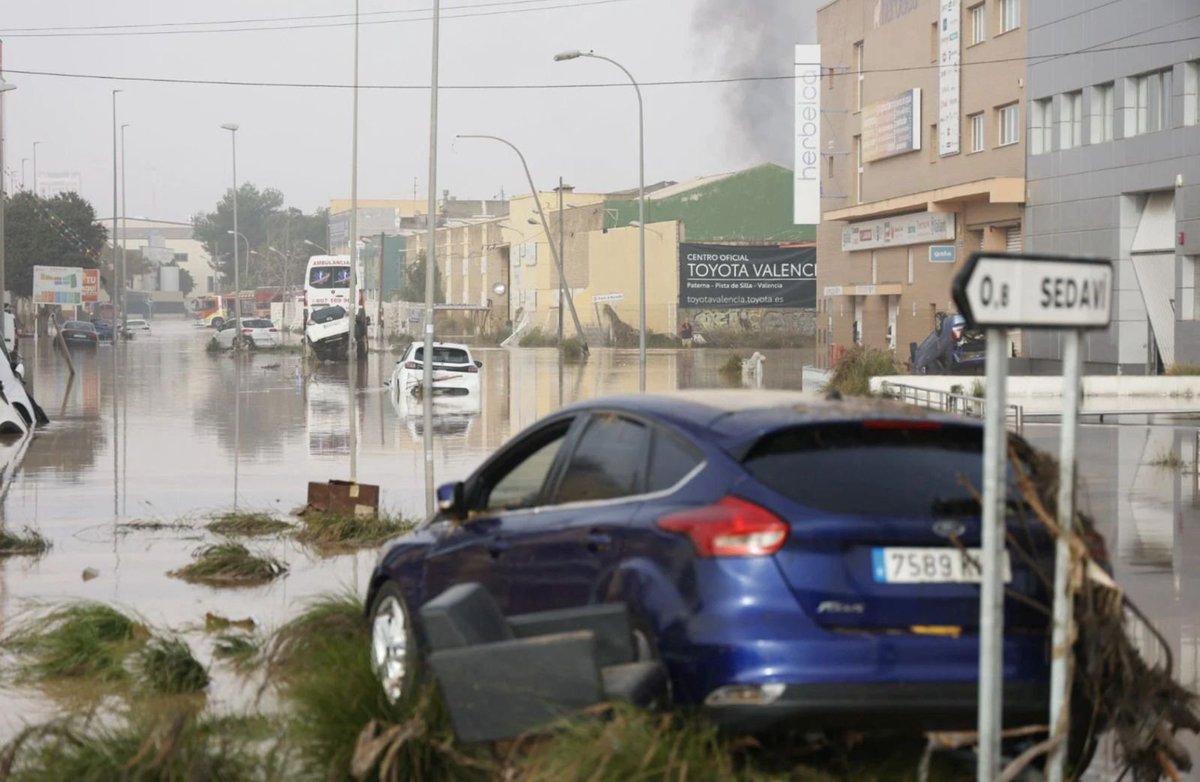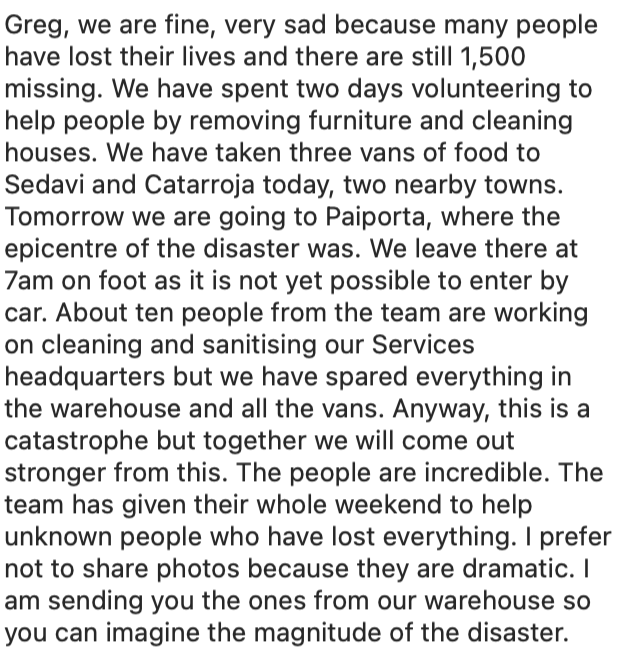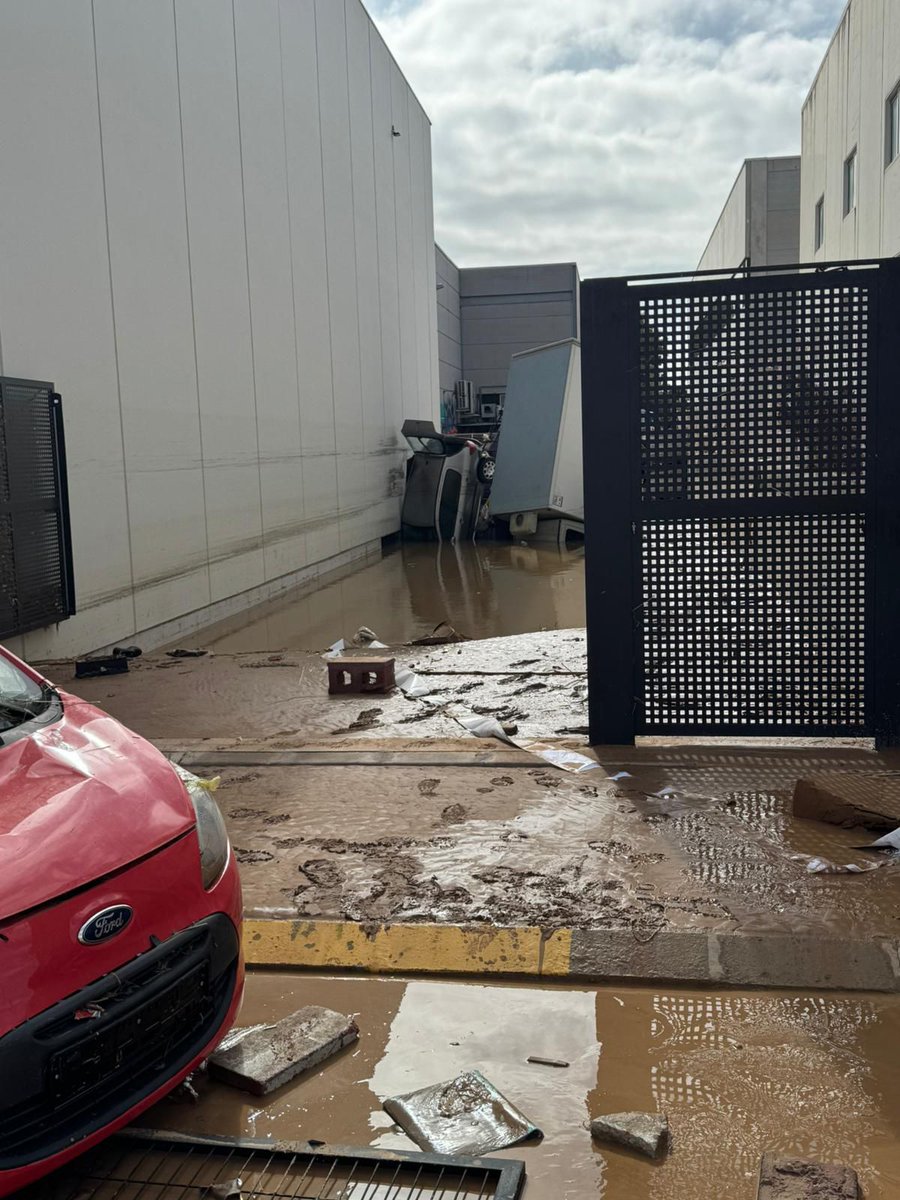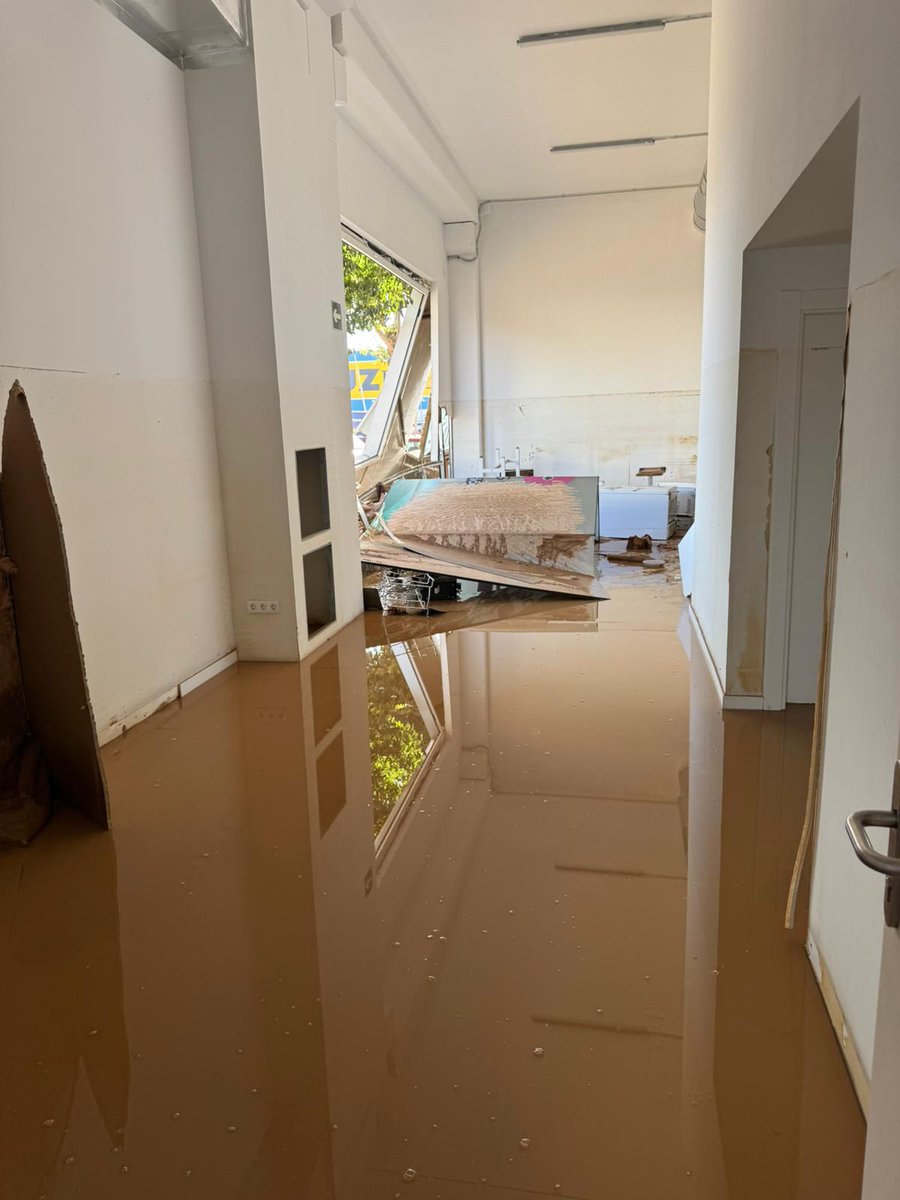You know you're taking on vested interests when several journalists contact you asking the same planted question - "are you advocating zonal pricing because it will increase Kraken revenue?"
In short - that's nonsense. We've pissed off incumbents and that's cost us sales but...
In short - that's nonsense. We've pissed off incumbents and that's cost us sales but...
1. Zonal doesn't require software as sophisticated as Kraken, and there are many other platforms that handle zonal and (the far more complex) nodal pricing in many other countries.
2. The smear involves the misinformation that Kraken "earns money per trade" - this is not true. It's a license fee based on either customers or MW under management. The fee doesn't increase with complexity.
3. Occam's razor applies - we advocate for zonal because it will cut electricity prices.
Selfishly, that makes my job easier (I'd rather write to customers with cuts than rises).
But it also will help sales of EVs, heat pumps, etc and this *is* good for our business.
Selfishly, that makes my job easier (I'd rather write to customers with cuts than rises).
But it also will help sales of EVs, heat pumps, etc and this *is* good for our business.
That probably also helps explain the unholy coalition of renewable generators and gas advocates who oppose zonal pricing.
Neither want a cheaper, more efficient electricity system.
Neither want a cheaper, more efficient electricity system.
• • •
Missing some Tweet in this thread? You can try to
force a refresh


